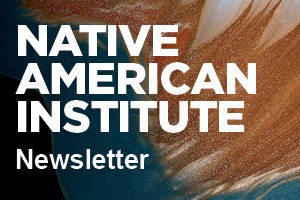
MSU Native American Institute e-Newsletter - October Issue
Published on October 16, 2024

MSU Native American Institute e-Newsletter - September Issue
Published on September 1, 2023

MSU Native American Institute e-Newsletter - June Issue
Published on June 1, 2023

MSU Native American Institute e-Newsletter - March Issue
Published on March 3, 2023

MSU Native American Institute e-Newsletter - December Issue
Published on December 15, 2022
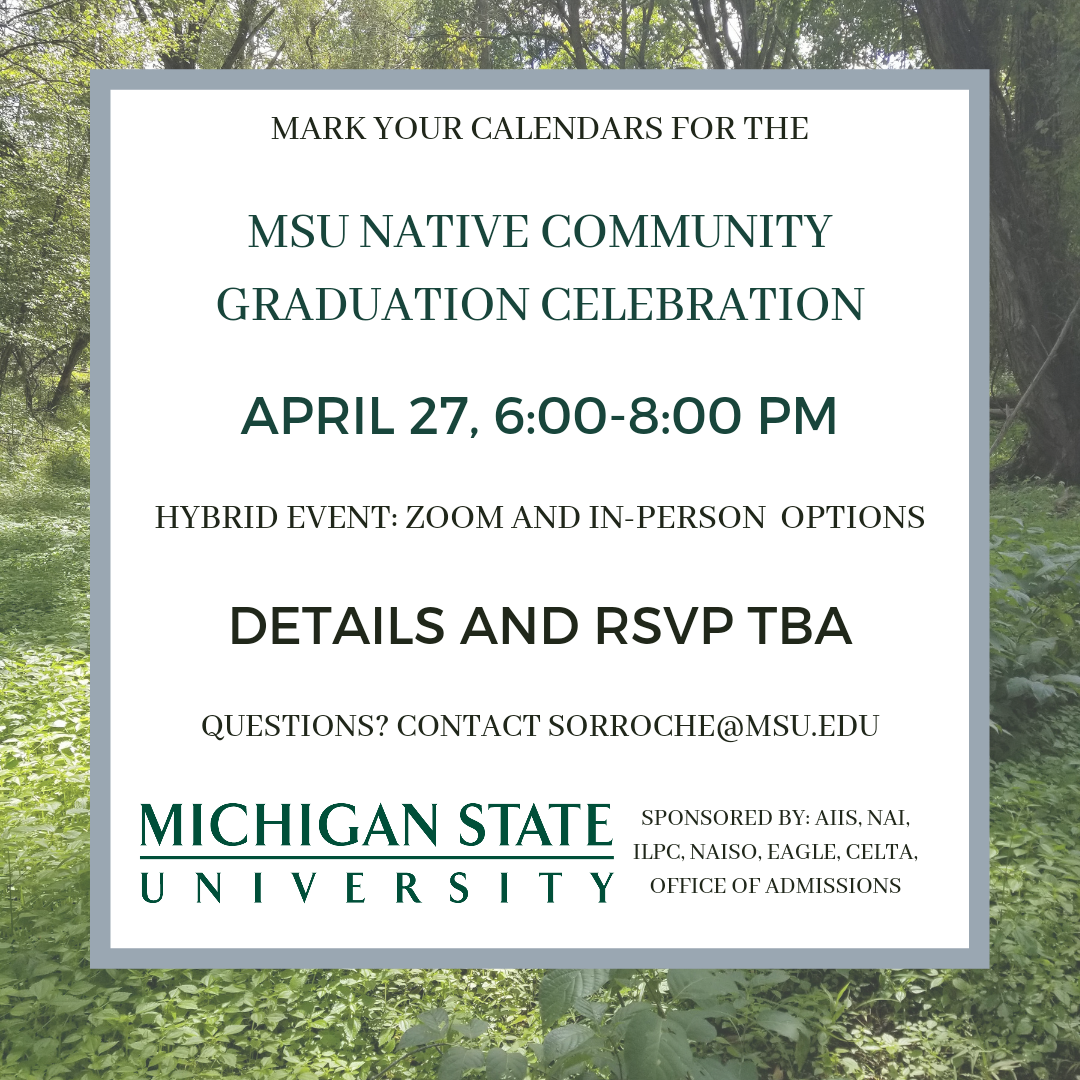
MSU Native Community Graduation Celebration
Published on April 11, 2022
Mark your calendars for the MSU Native Community Graduation Celebration, April 27, 6:00-8:00 pm.
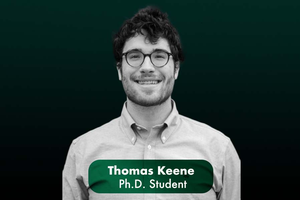
Published on October 14, 2021
Thomas is a third-year student in the dual Ph.D. program in Agricultural, Food, and Resource Economics (AFRE) and Economics.
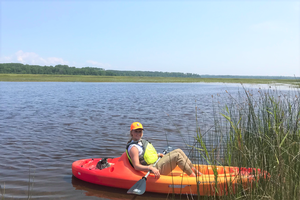
MSU student focuses her biology and natural resources career path with internship
Published on October 11, 2021
Fisheries and wildlife student Kailee Pearson worked as a field technician in the Upper Peninsula with the Sault Tribe of Chippewa Indians’ wildlife program over the summer.
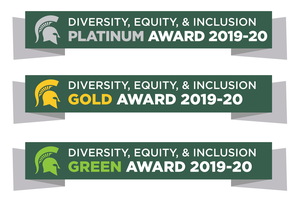
CANR provides rankings on department, unit initiatives around DEI
Published on May 11, 2021
The College of Agriculture and Natural Resources recognizes diversity, equity and inclusion efforts by departments and units during the 2019-2020 academic year through a new badge ranking.
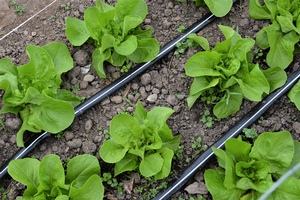
MSU awarded USDA-NIFA grant to support Native American students in agriculture
Published on December 16, 2020
The $140K Growing Native American Student Pathways into Agriculture will expand opportunities and support systems for Indigenous students at MSU.

